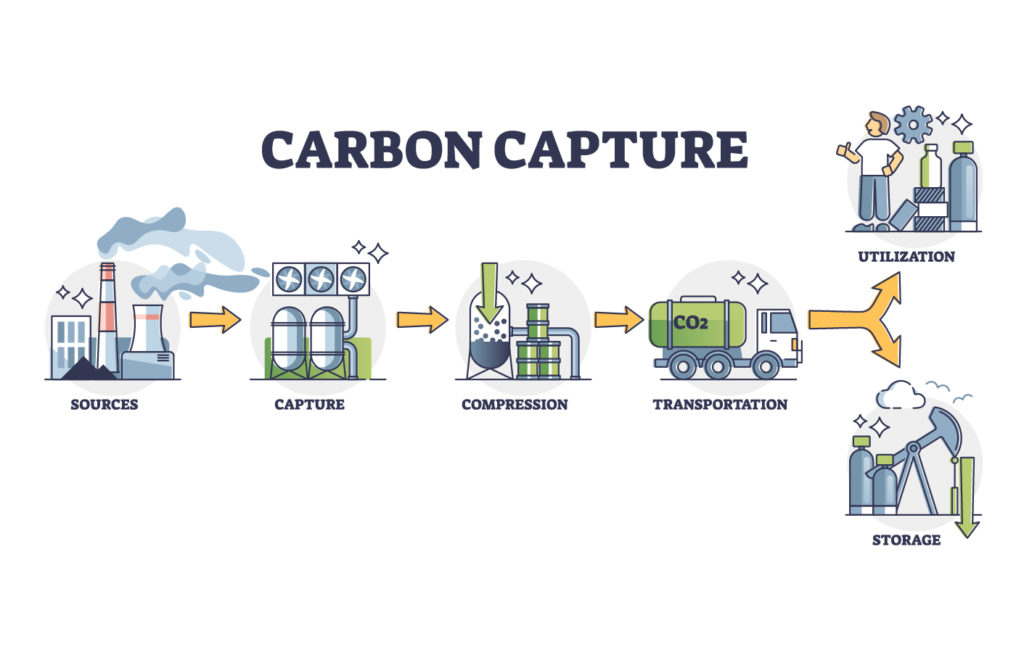
Thanks to Elizabeth for proving this well written copy.
The Louisiana Department of Natural Resources is playing both sides of the fence. On one hand, LDNR has received a $130 million grant to support the restoration of Louisiana’s coast and the incredible natural resource that is Lake Maurepas. Recently, LDNR and the Edwards administration have been vocal proponents of the carbon capture and storage projects proposed for the state of Louisiana. The largest CCS project in the world, spearheaded by Air Products, an international multibillion-dollar chemical company, has received strong opposition from local residents as they are attempting to store carbon dioxide, a toxic waste product, underneath the shallow water lake. Lake Maurepas is home to various wildlife species, which has helped to sustain a robust local economy for fisherfolk and shrimpers for countless generations. Speaker of the House Clay Schexnayder, LDNR and other members of the House support the plan to revitalize Lake Maurepas by diverting the Mississippi River’s silt into the lake. So why does the same administration, even the exact permitting departments, want to destroy the landscape they’ve been claiming to work so hard to rebuild?
nola.com
LDNR is not restricting what they should.
The LDNR Department of Mining paradoxically also issues permits for CO2 sequestration. CCS is incredibly dangerous to humans, wildlife, our drinking water sources and our way of life in Louisiana. CCS typically involves transporting carbon dioxide in pipelines, which companies cannot guarantee will not rupture. In the case of any CO2 leaks, the gas is an asphyxiant, meaning that inhaling significant quantities can cause death. Is this how our representatives want to protect their constituents and the communities they grew up in? The hypocrisy of LDNR is visible to anyone paying attention. We demand that all CCS projects be halted immediately. The people of Louisiana and our unique environment deserve much better than the carbon capture scam.
Every body loves carbon capture which has not been proven yet.
